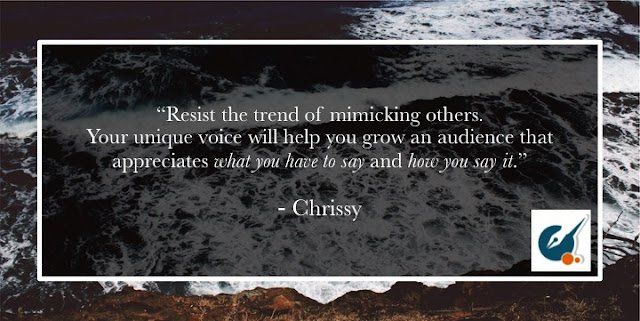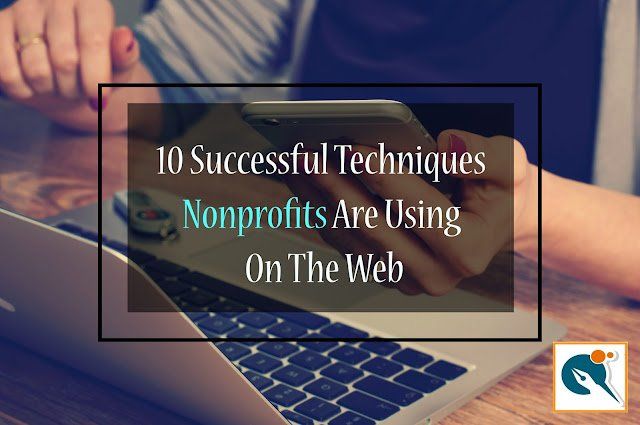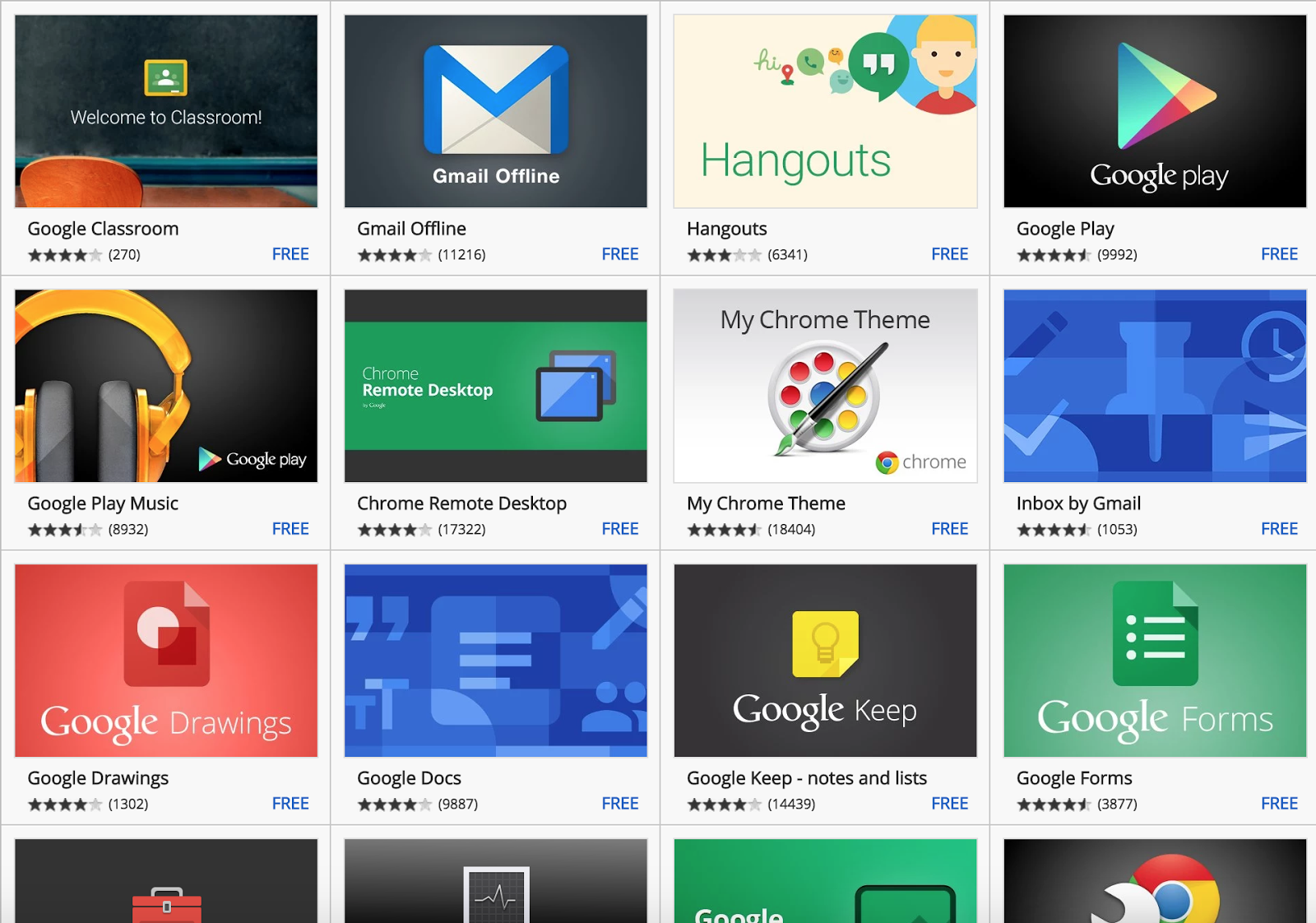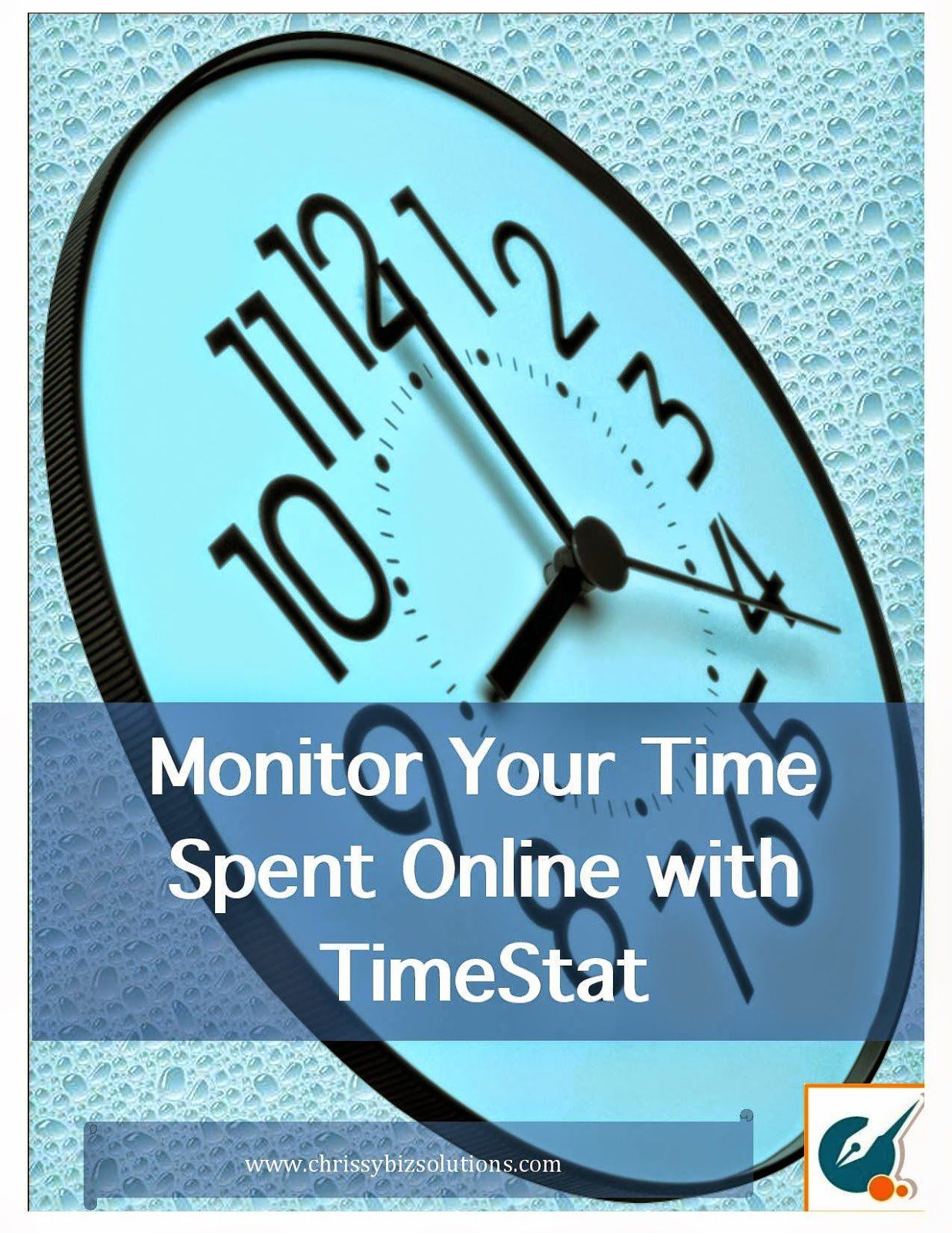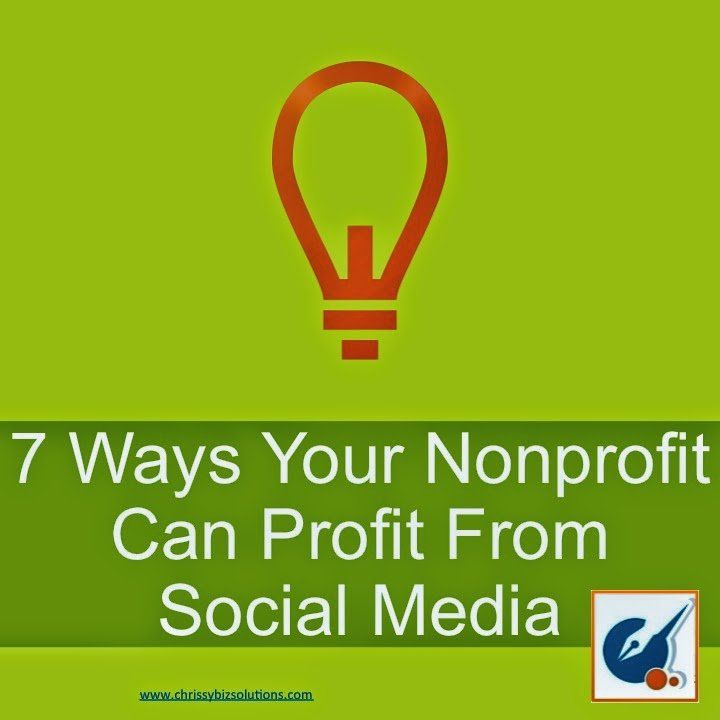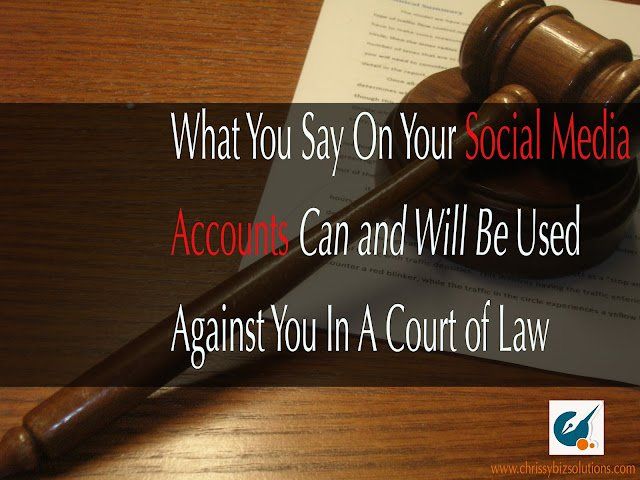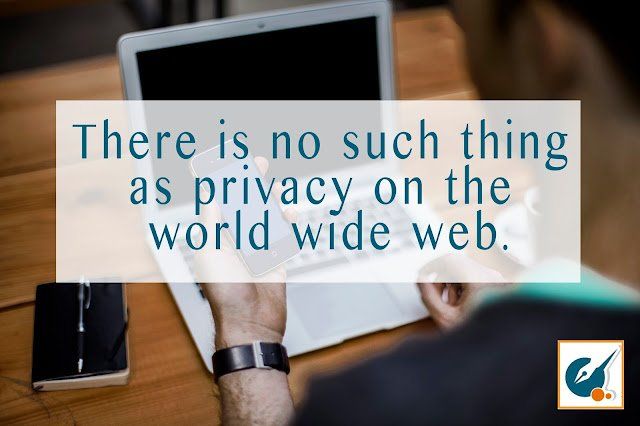Blog Layout
By noreply
•
February 23, 2015
It is Monday! Time to get back to work...

By noreply
•
January 24, 2015
I am a fan of all technology.But I am mostly inspired by Mr. Steve Jobs (1955-2011).Though his products have revolutionized the entire world, it is what he accomplished and how he persevered that is most inspiring to me.Who got fired from their own company? Steve Jobs.Who went back with an even better idea than before? Steve Jobs.Who continued to push forward with his idea AFTER it was mocked and labeled 'impossible?'Who pushed on even after seeing Bill Gates' make his first billion in the same industry he was in? Steve Jobs.And, who can we credit for the iPhone, iPad, MacBook, and all things Apple? That's right - Steve Jobs.Of course, he had a team, supporters, and people to push him into what he was destined to do. I do not discount their role in anyway!But, ultimately when there were no fans and no support, he continued on.I find it rather ironic that His name was Jobs and his products and genius have created many jobs. January 24, 1984 - 21 years ago today - Steve Jobs' company Apple launched their first Macintosh computer at the annual shareholders' meeting. And the rest is well, history.
The lines continue to blur between what is considered personal and what can become public domain as it pertains to your business and your social media accounts.
When you visit the landing pages of the newest social networking sites that almost force you to sign up (not literally) because of their cunning and attractive marketing, you should be aware that what you post can and will be used against you if necessary. Cyber law cases are growing and shows no signs of slowing down.
Unlike the Miranda warning given to people placed under arrest for criminal offenses, you will not likely be warned about the legal ramifications of what you post, tweet, retweet, blog, share, or produce online via your social media profiles.
Unless there is something written in those hefty "terms and conditions" that declares your information can and will be used against you in a civil or criminal matter, you should be aware that there is no such thing as privacy online . More importantly, if you are conducting business through any of your social media accounts, they can legally be considered assets or property of your business.
Since its early days of connecting companies on what was envisioned as a "Galactic Network" back in August 1962 , the internet has developed at almost lightning speed. With this exponential growth for the web comes new industries, new fields and new laws to govern how we use it.
Case law and legal precedents are still being established, and individuals as well as companies are becoming the "guinea pigs" of what we know as internet or cyber law.
When you visit the landing pages of the newest social networking sites that almost force you to sign up (not literally) because of their cunning and attractive marketing, you should be aware that what you post can and will be used against you if necessary. Cyber law cases are growing and shows no signs of slowing down.
Unlike the Miranda warning given to people placed under arrest for criminal offenses, you will not likely be warned about the legal ramifications of what you post, tweet, retweet, blog, share, or produce online via your social media profiles.
Unless there is something written in those hefty "terms and conditions" that declares your information can and will be used against you in a civil or criminal matter, you should be aware that there is no such thing as privacy online . More importantly, if you are conducting business through any of your social media accounts, they can legally be considered assets or property of your business.
Since its early days of connecting companies on what was envisioned as a "Galactic Network" back in August 1962 , the internet has developed at almost lightning speed. With this exponential growth for the web comes new industries, new fields and new laws to govern how we use it.
Case law and legal precedents are still being established, and individuals as well as companies are becoming the "guinea pigs" of what we know as internet or cyber law.
Unlike other areas of commerce that can turn to historical traditions to help settle disputes and guide the development of the law, the law of the Internet has no history to fall back on."Cyber law" is instead being developed by judges who must do their best to fit legal disputes on the Internet into preexisting legal frameworks. As a result, the legal principles governing conduct and commerce in cyberspace are still in a state of flux."
Tysver, Daniel. (3 July 2015). Internet Law. Retrieved from: http://www.bitlaw.com/internet/
This is not new news.
We have all heard of the less-than-intelligent criminals who have stolen things then uploaded photos on their Facebook pages, or they geotagged themselves someplace they shouldn't be after they took a day off from work due to an "emergency."
However, businesses are now beginning to see the effects as well. So far, the standard for determining if your personal social media accounts can be used in court depends on whether or not you have ever published anything in relation to your business. It could have been a simple share about a sale or contest from your Facebook business page to your profile; or a status update posted to generate interest or likes for your business page.
Just take the case of Jeremy Alcede, a Texas-based entrepreneur who lost his gun store business in a bankruptcy, and was put in jail for refusing to give up his Facebook and Twitter passwords.
This is a BIG DEAL.
The federal bankruptcy judge that jailed Jeremy Alcede
for refusing to give up his passwords determined that the anti-Obama, pro-gun messages posted to His page were not personal, rather used to increase sales and generate publicity for his gun store. Alcede contends that the posts were on his personal page and should not be considered a part of the bankruptcy proceedings.
Here we see where Bankruptcy Law and its already established precedents meet head-on with Cyber Law, in its infancy.
Whether the public agrees with the judges ruling or not is irrelevant. Judges are given authority and power to make decisions that frame our laws and shape our society whether the public agrees or not. In a nutshell, Mr. Alcede's opinion does not matter and he must turn over the information to the judge as the new owner is allowed to take ownership of them.
The judicial system is not based on popularity.
So, how can you as an entrepreneur, sole proprietor, blogger, or business protect yourself from going to jail in case you are a part of a similar internet or cyber law case?
- Understand that anything you post online is subject to scrutiny. If you would be okay with your "private" posts being displayed on the news or in a court room, then it is okay to post. Otherwise, keep it in your journal. We all know that ignorance to any law is no excuse for breaking it. Be careful what you post.
- Your business social media pages are not personal. It does not matter if you think so or not, the law says that if you are using it to promote your business, products or services, it is a part of your business. It will be treated as such whether you agree to it or not. In the event you file bankruptcy or decide to sell your business, the social media pages associated with it are considered property of the business.
- Use discretion when posting about political figures, hot-topics in the press, religious and political issues. You have a right to your opinion, but that opinion can cost you down the road. Keep your status updates, twitter posts and blogs professional. If you have a question about the post, it would not hurt to search out the topic on Google or Bing before publishing it. In case you were not aware, all public twitter account tweets are being archived at the library of congress.
- Consider outsourcing your social media management to someone abreast of the current laws and practices. Social media is not just fun and games; it can be used as a tool to promote your business or raise awareness for your nonprofit organization. However, seemingly innocent posts or shares could be like the termites that are so small yet capable of causing huge disasters. Social media managers and professionals comfortable with the web should be consulted with in case you have questions, concerns or ideas you want to take public.
- Audit your social media posts regularly. You should take inventory of what you have posted on a consistent basis so that you can purge anything that might be problematic for your business. Remember that your personal Facebook, Twitter, or other social media accounts will be considered business property if you have ever promoted, advertised, or shared news about your business on them -- even just one time. Don't be afraid to delete anything you find questionable.
The internet is not called the World Wide Web for no reason.
